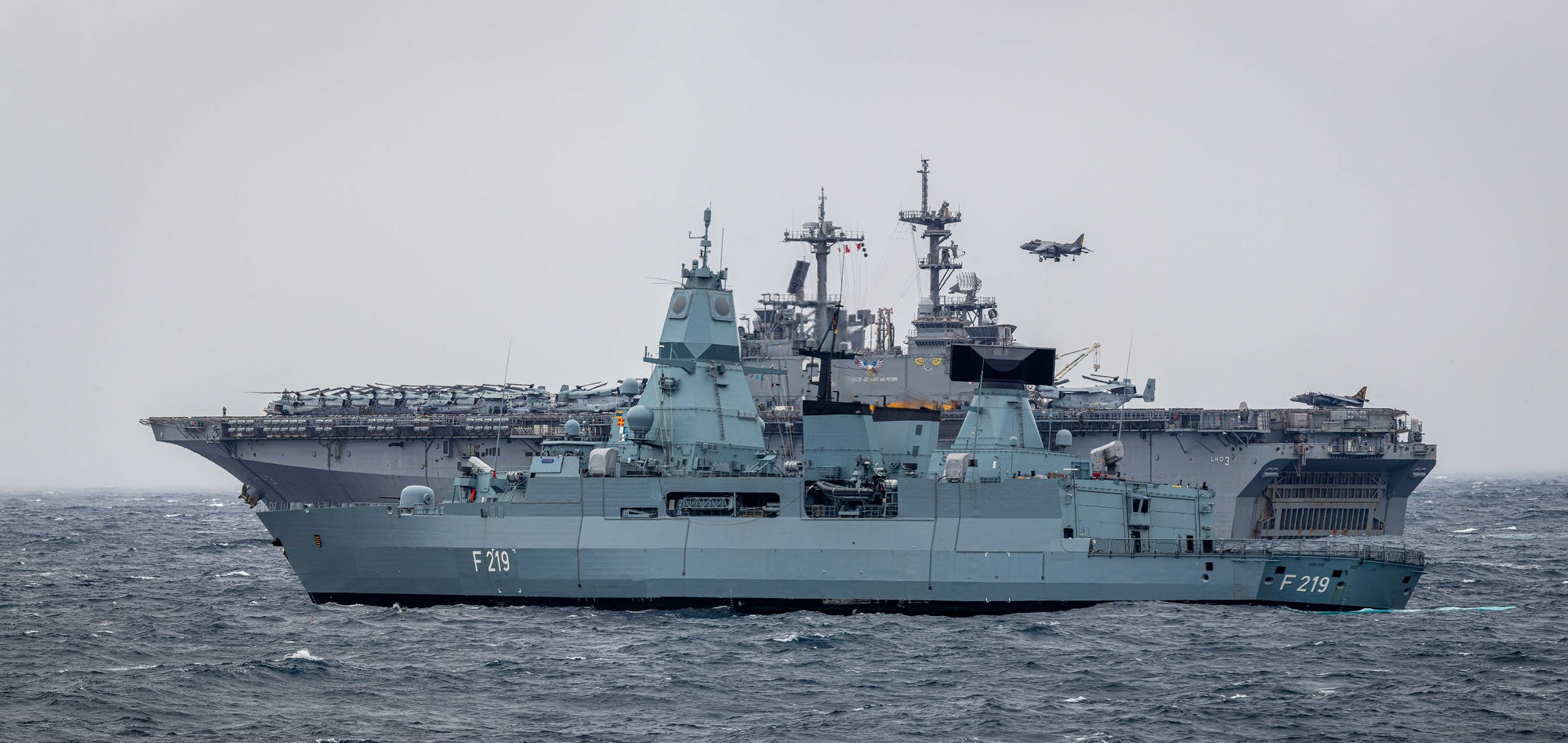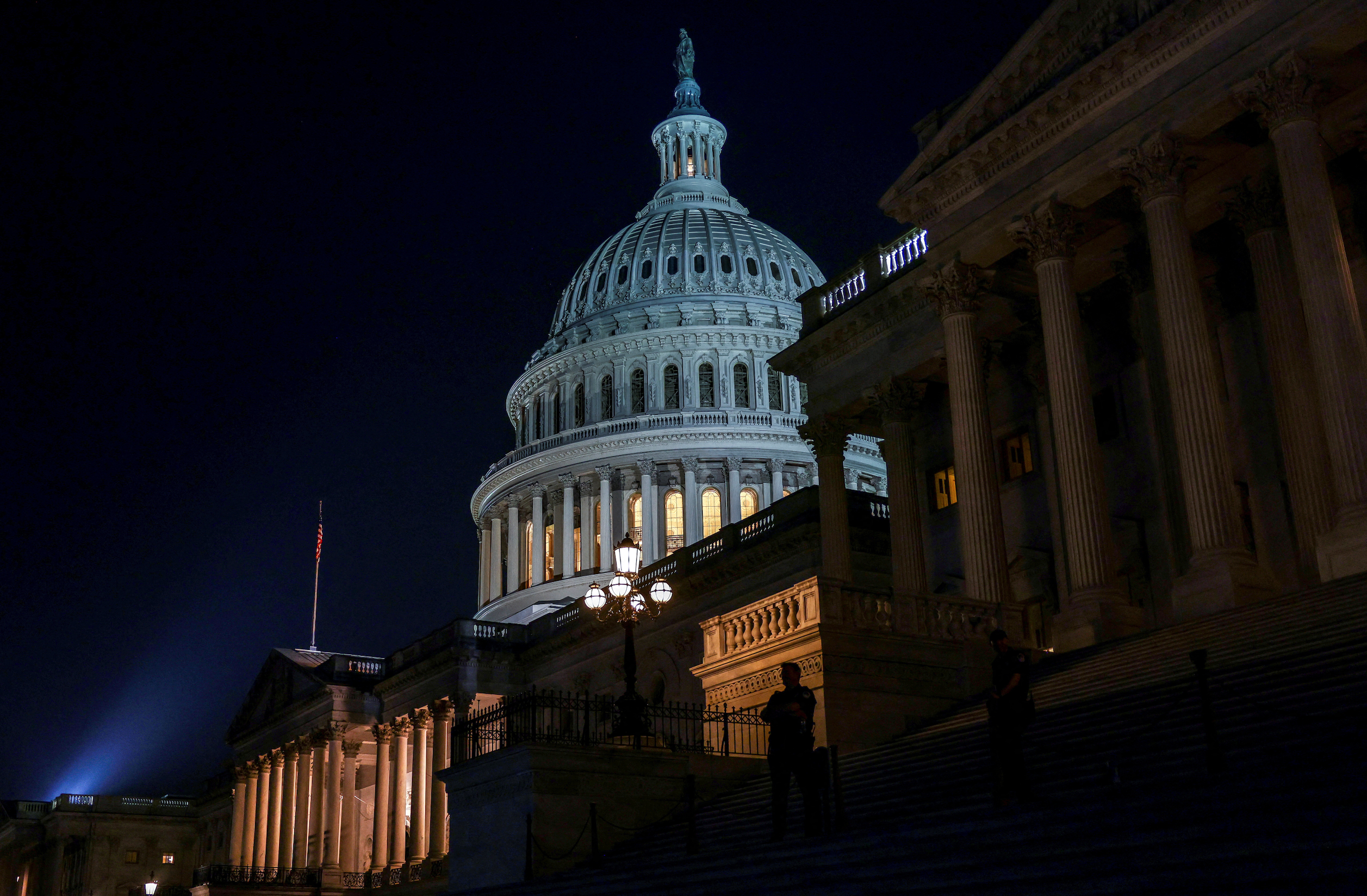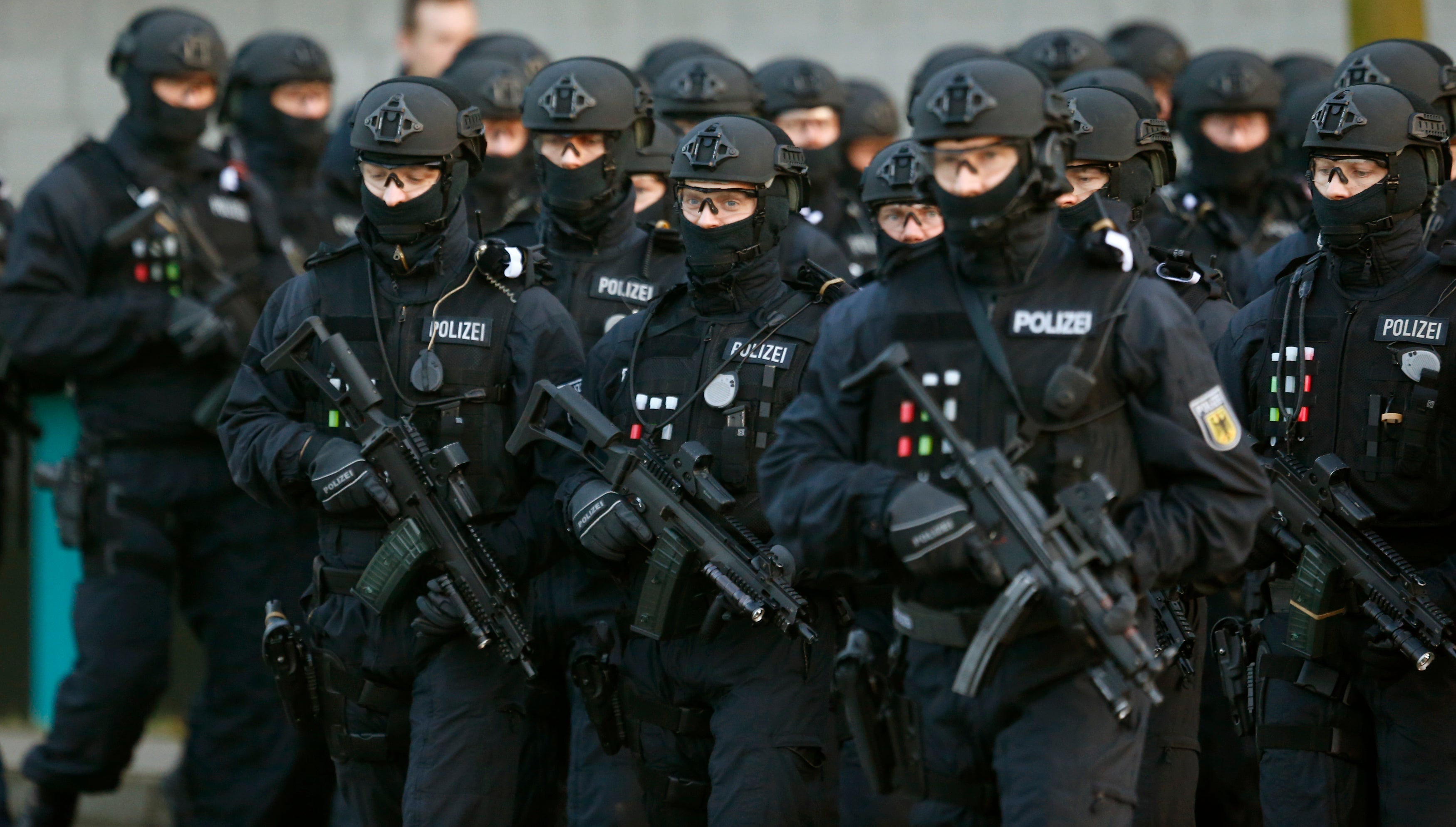
Germany to send two warships to Indo-Pacific in 2024 amid South China Sea tension
PHOTO CAPTION: The German Sachsen-class air-defense frigate FGS Sachsen (F 219), front, and Wasp-class amphibious assault ship USS Kearsarge (LHD 3) transit in formation in the North Atlantic Ocean in support of exercise Northern Viking 22. (Courtesy photo by French Navy via U.S. Defense Visual Information Distribution Service)
BERLIN (Reuters) - Germany will send two warships to the Indo-Pacific in 2024, Defence Minister Boris Pistorius said on Sunday, amid rising tensions between China and Taiwan and over the disputed South China Sea.
Speaking at the Shangri-La Dialogue in Singapore, Asia's most important security conference, Pistorius said countries needed to stand up for the rules-based international order and the protection of major maritime passages.
"To this end, the German Federal Government sent a frigate to the Indo-Pacific in 2021, and will again, in 2024, deploy maritime assets – this time a frigate and a supply ship - to the region," he said, according to a script of his speech distributed by the defence ministry in Berlin.
He added the deployments were not directed against any nation, a remark apparently addressed at China.
"To the contrary: They are dedicated to the protection of the rules-based international order that we all signed up to and which we all should benefit from – be it in the Mediterranean, in the Bay of Bengal or in the South China Sea."
By showing a greater military presence in the region, Germany is walking a tightrope between its security and economic interests as China is Berlin's most important trading partner.
In 2021, a German warship sailed into the South China Sea for the first time in almost 20 years, a move that saw Berlin joining other Western nations in expanding its military presence in the region amid growing alarm over China's territorial ambitions.
China claims almost the entire South China Sea as its own, despite an international tribunal ruling that Beijing has no legal basis for these claims, and has built military outposts on artificial islands in the waters that contain gas fields and rich fishing.
Some 40% of Europe's foreign trade flows through the South China Sea.
(Reporting by Sabine Siebold; Editing by Nick Macfie)









